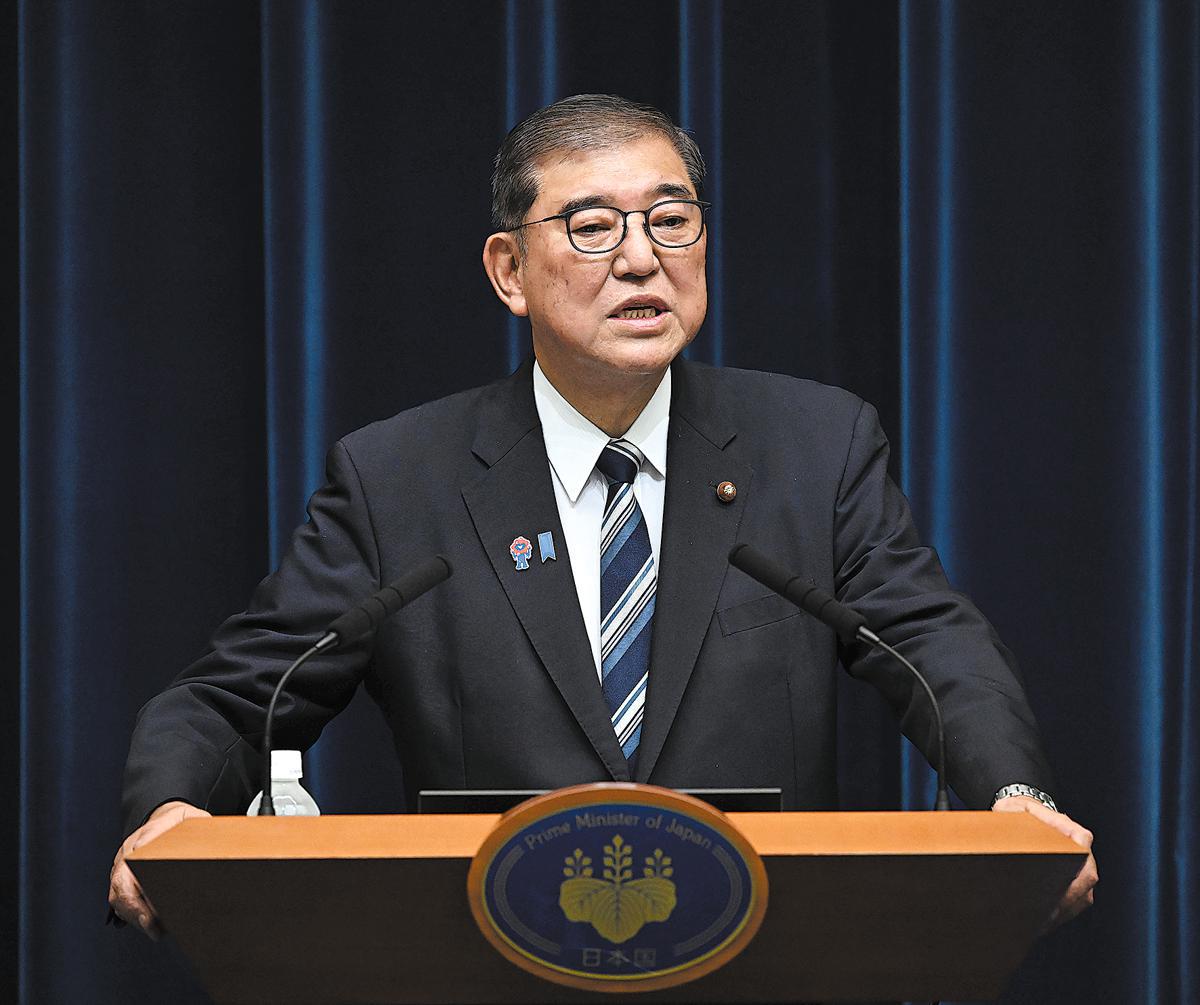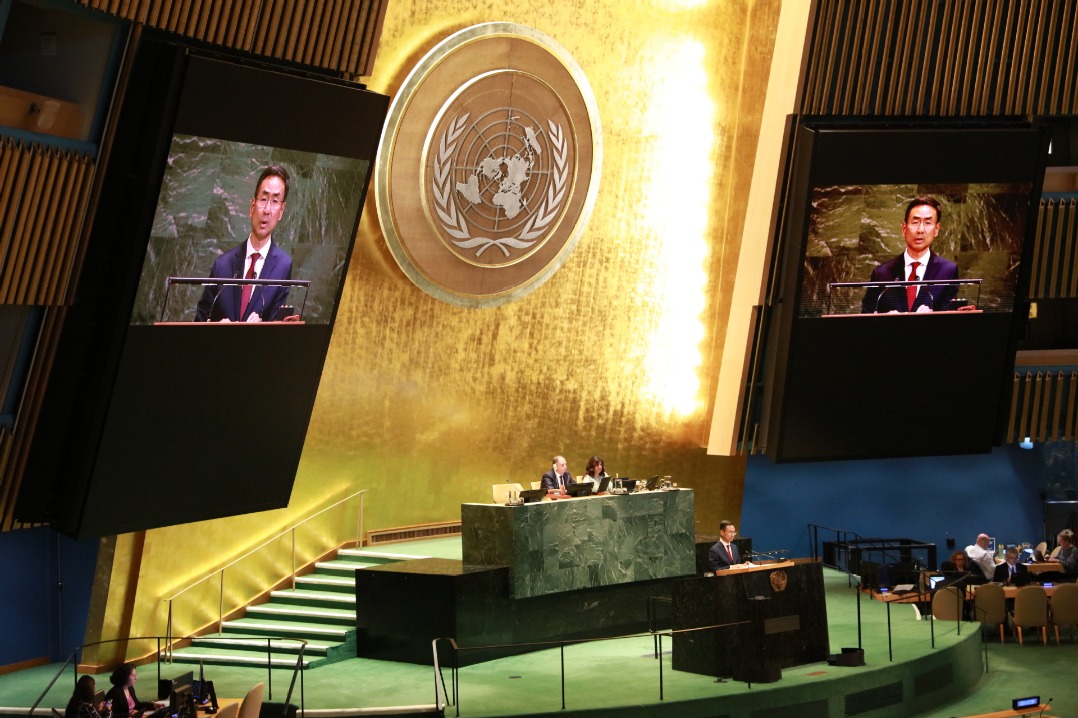Japan PM Ishiba announces resignation


Japanese Prime Minister Shigeru Ishiba announced on Sunday that he will step down as the head of the Liberal Democratic Party, amid growing calls for him to take responsibility for the party-led ruling coalition's election setback in both houses of parliament.
Addressing a news conference at the prime minister's office in Tokyo, Ishiba said he has "made the painful decision to resign despite still having unfinished tasks", emphasizing that the LDP must undergo genuine renewal and remain a tolerant and inclusive force.
He added that he would not stand as a candidate in the expected LDP leadership election triggered by his resignation.
Ishiba's announcement came a day before the LDP was scheduled to decide whether to hold an early party leadership election, which would essentially be demanding his resignation, according to Japanese media platform Nikkei Asia.
It also followed a formal agreement reached on Thursday with the administration of United States President Donald Trump on 15 percent reciprocal tariffs on Japanese exports to the US.
At Sunday's news conference, Ishiba said he had long considered tariff negotiations with the US a responsibility of his administration. With the signing of a memorandum of understanding last week, Ishiba said the negotiations reached a milestone, which made him decide to make way for his successor.
In September 2024, Ishiba was elected president of the LDP for a term of three years. In October last year, the LDP and its junior coalition partner, the Komeito, lost their majority in the House of Representatives, the lower house of the National Diet of Japan. In July this year, the ruling coalition also lost its majority in the House of Councillors, or the upper house.
In postwar Japan, the head of the LDP — the country's dominant political force since the party's founding in 1955 — has almost always become the prime minister, because the party commands the largest share of seats in the Diet. When an LDP president resigns or is replaced, the post of prime minister typically changes hands as well.
According to the LDP's rules, a new leadership election can be held before the incumbent president's term expires. A majority of LDP members in the Diet and a majority of representatives in the LDP's prefectural branches can jointly request an election for a new president.
Following Ishiba's formal resignation announcement, the LDP is expected to hold an extraordinary executive meeting on Monday morning, at which it will likely decide to cancel the submission of documents for an early party leadership election, according to TBS News, a commercial broadcasting company based in Tokyo.
The Associated Press reported that the LDP is expected to set a date for a party leadership election, likely to be held in early October.
Xinhua contributed to this story.
houjunjie@chinadaily.com.cn

































